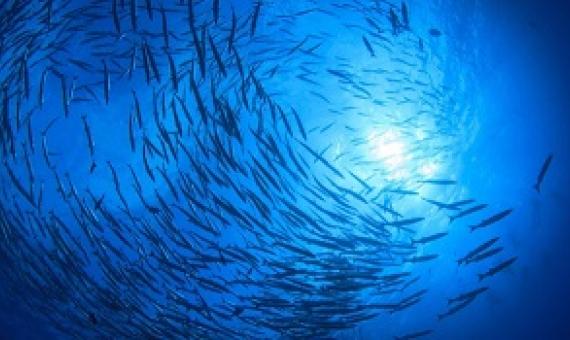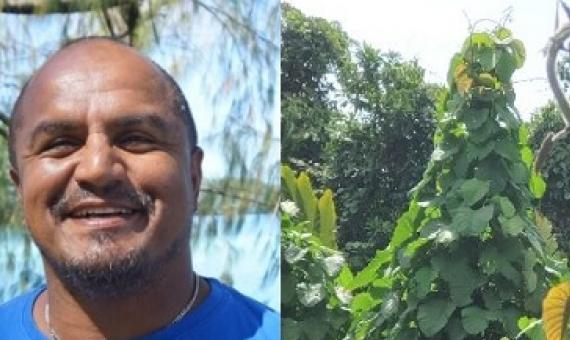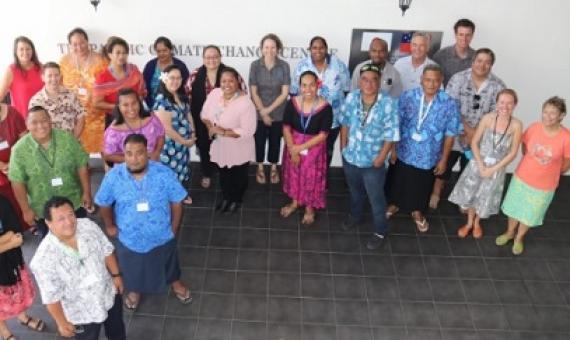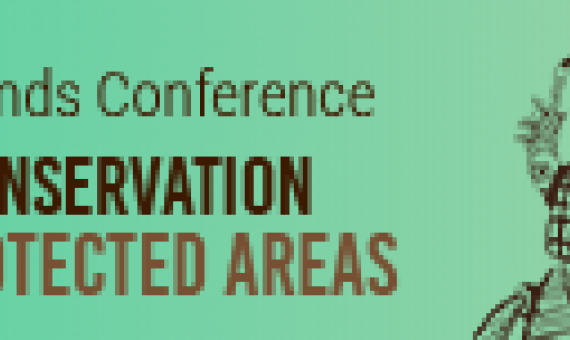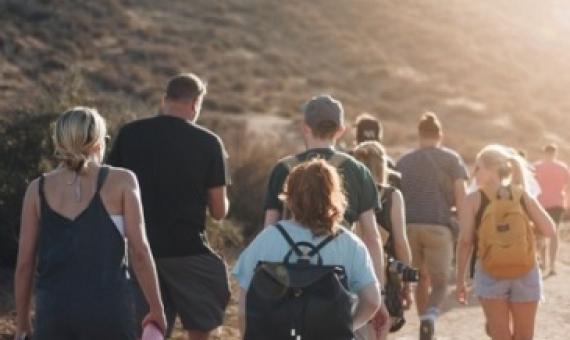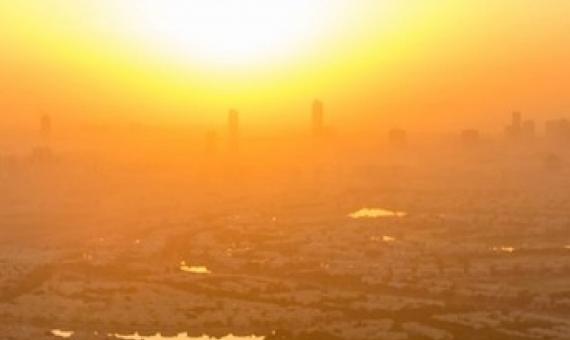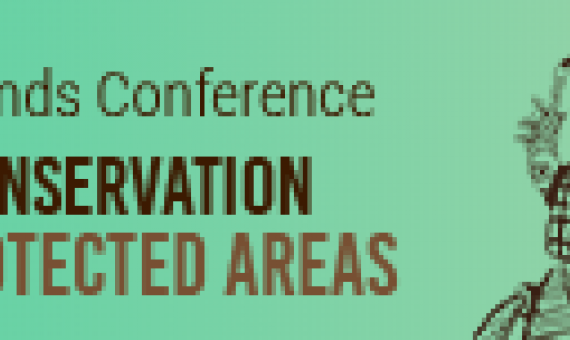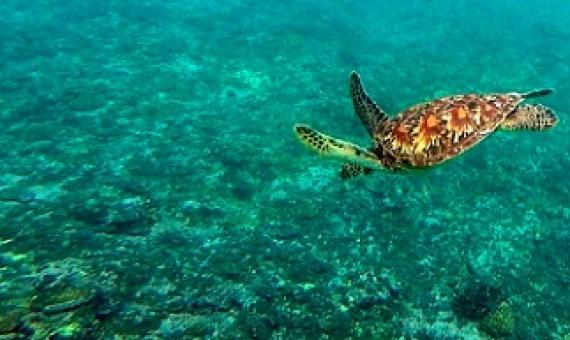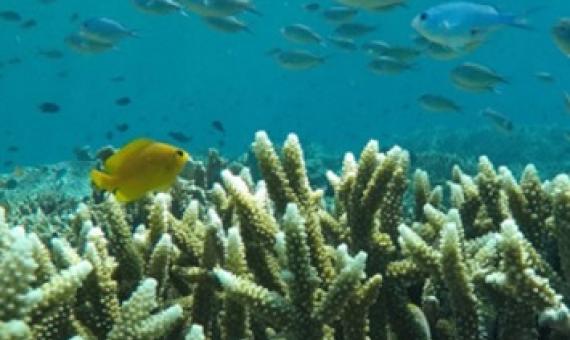The proposed network includes six marine reserves, where marine life would be fully protected and fishing banned, five marine protected areas, which would impose a range of restrictions to fishing, and one kelp protection area and where commercial harvest of bladder kelp would be prohibited.
Smothering, strangling, aggressive – common words often used to describe the infamous vine, Merremia peltata, as it snakes up forest trees. Known locally as kebeas, this native species thrives in sunlight.
Living in harmony with nature by 2050 is the goal of a new set of global biodiversity targets to be achieved between 2020 – 2030, targets which the Pacific islands will also be committed to reaching.
You can now register for the 10th Pacific Islands Conference on Nature Conservation and Protected Areas hassle-free online by making full payment through the conference website using credit card or PayPal.
Tourism in parks and protected areas can be a boon to local conservation efforts or it can afflict biodiversity conservation and environmental management. How can visitation be developed and maintained in a responsible manner?
IMET - Integrated Management Effectiveness Tool
IMET (the Integrated Management Effectiveness Tool) was developed in the context of the BIOPAMA (Biodiversity and Protected Areas Management) programme to contribute to improving protected area management effectiveness and meeting conservation targets. This tool concerns the planning, monitoring and evaluation of protected areas and it directly support managers on the field and at national agencies level. IMET version 2.2 was released on 25 June 2021, with many new features. The latest version (2.10.6) is now available.
We live on a changing planet. Unnaturally rapid global warming is altering everything, including lands and waters. Evidence shows we've already emitted enough greenhouse gases to alter the structure of ecosystems and interactions within them.
The 10th Pacific Islands Conference on Nature Conservation and Protected Areas has opened for registration and interested members of the public and organisations are now invited to register online! Discounted registration is available from now until end of January 2020.&nbs
Almost a third of the Earth will need to be protected by 2030 and pollution cut by half to save our remaining wildlife, as we enter the planet's sixth era of mass extinction, according to a United Nations agency. The UN Convention on Biological Diversity released a draft plan
A proposed update to the global treaty governing plant and animal life on Earth calls for nearly a third of the planet to be designated as protected by 2030.

